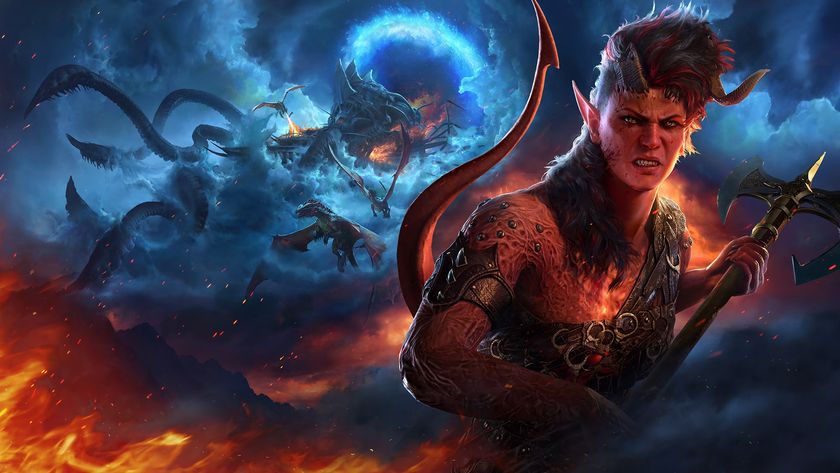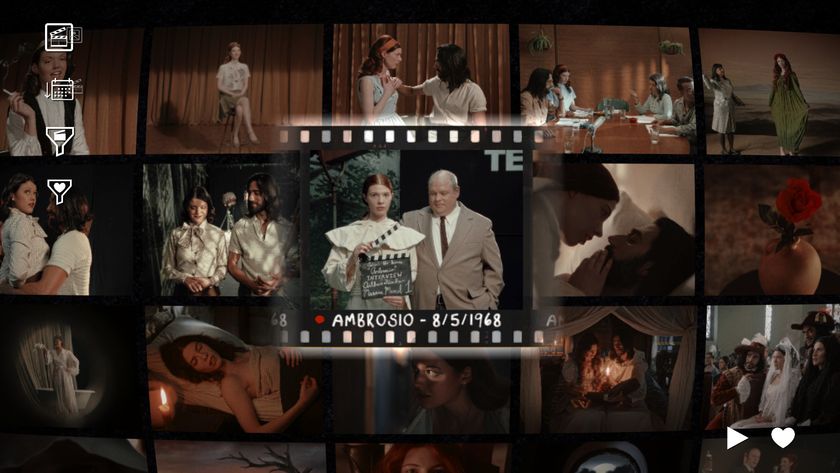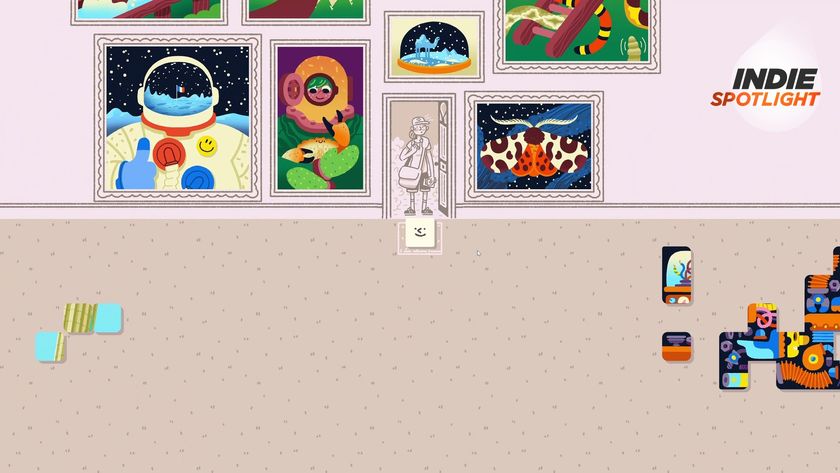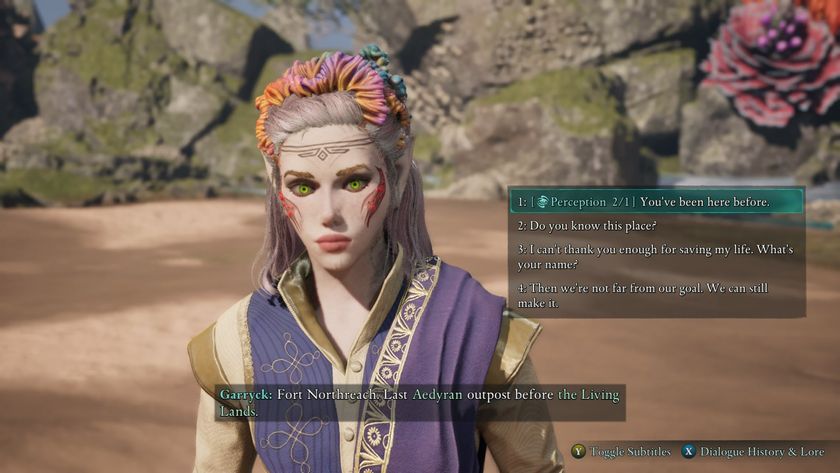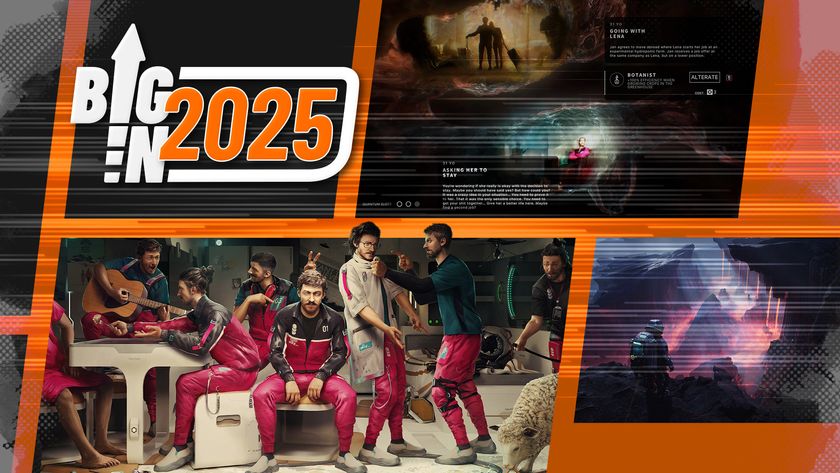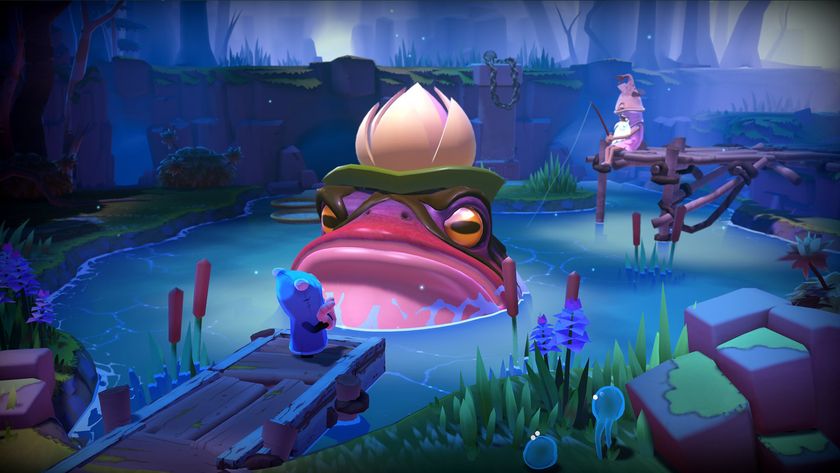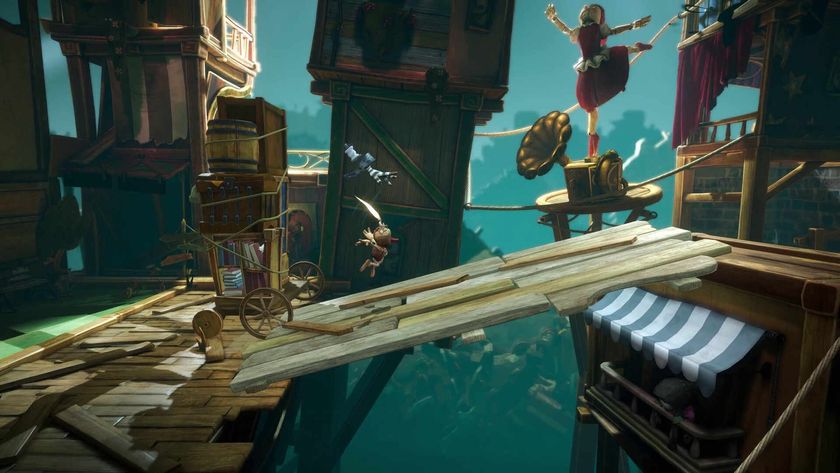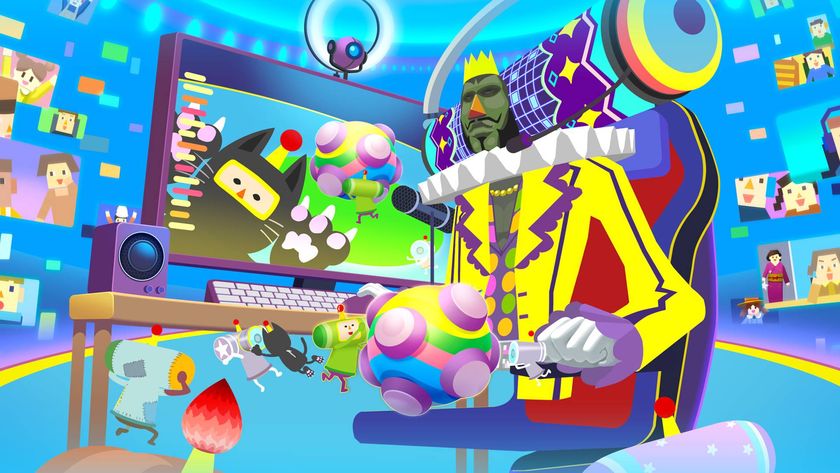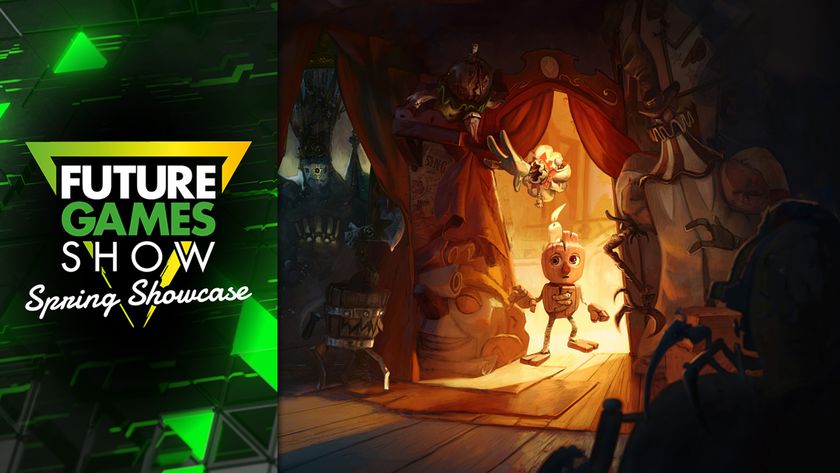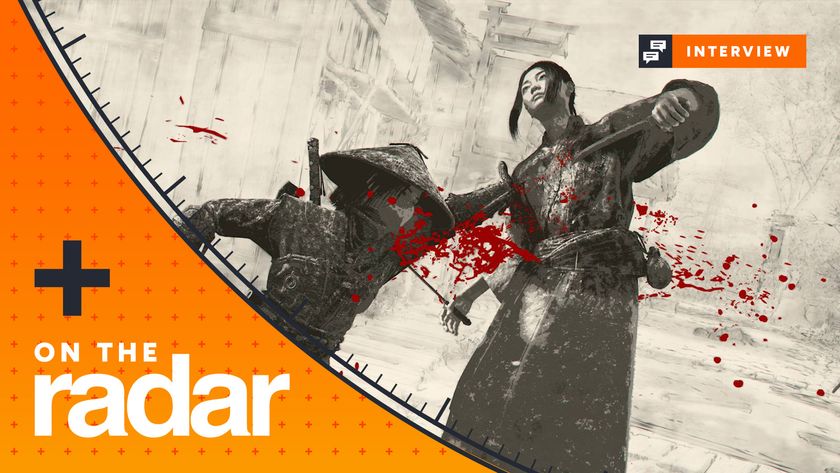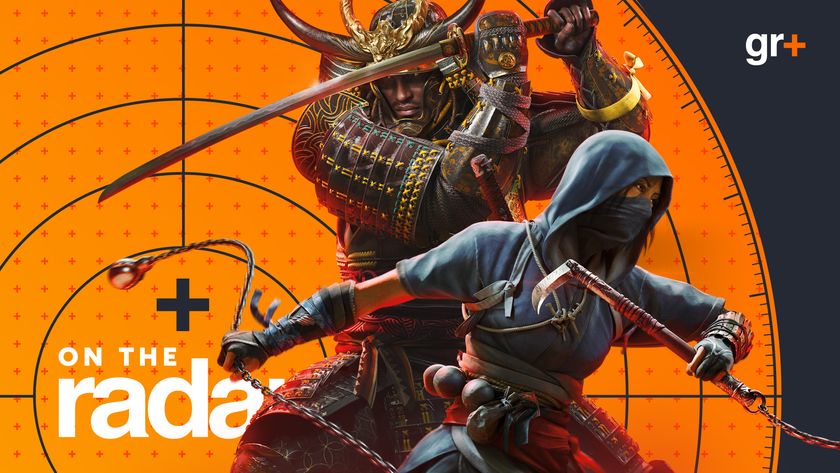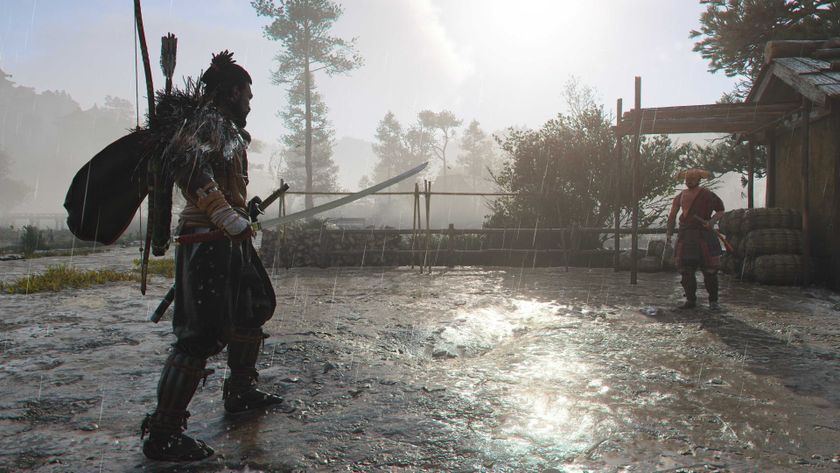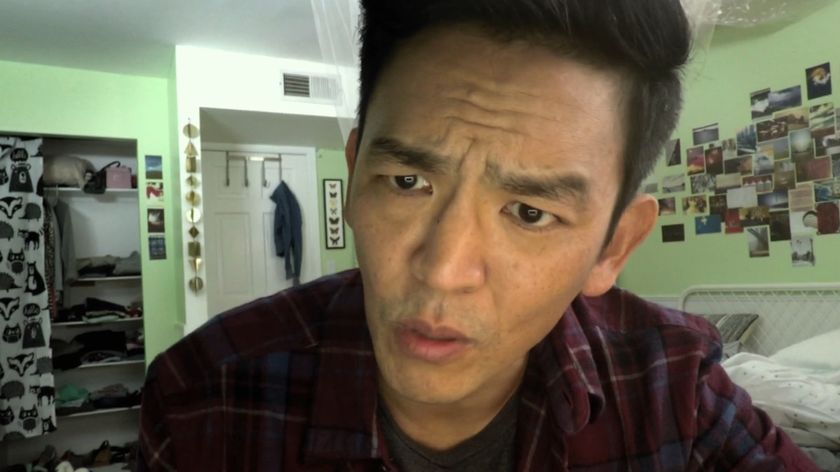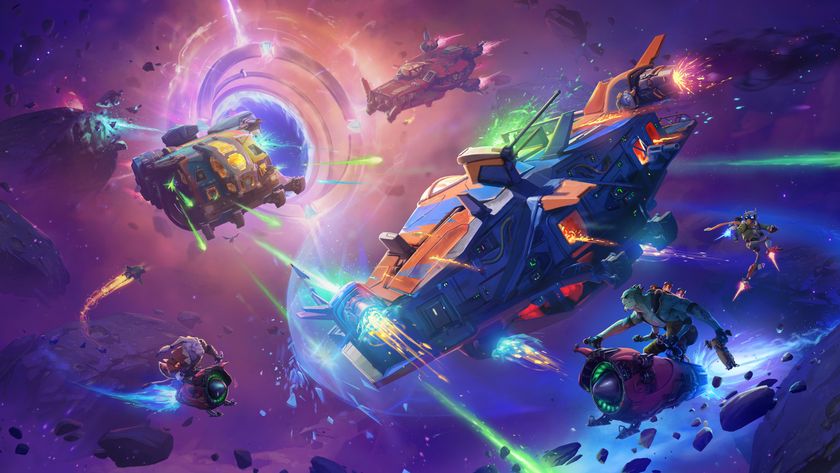How this open-world puzzle game classic helped us come to terms with human extinction by tapping into our thirst for storytelling
Opinion | Join Edge magazine as it takes a retrospective deep dive into high-brow puzzler The Talos Principle
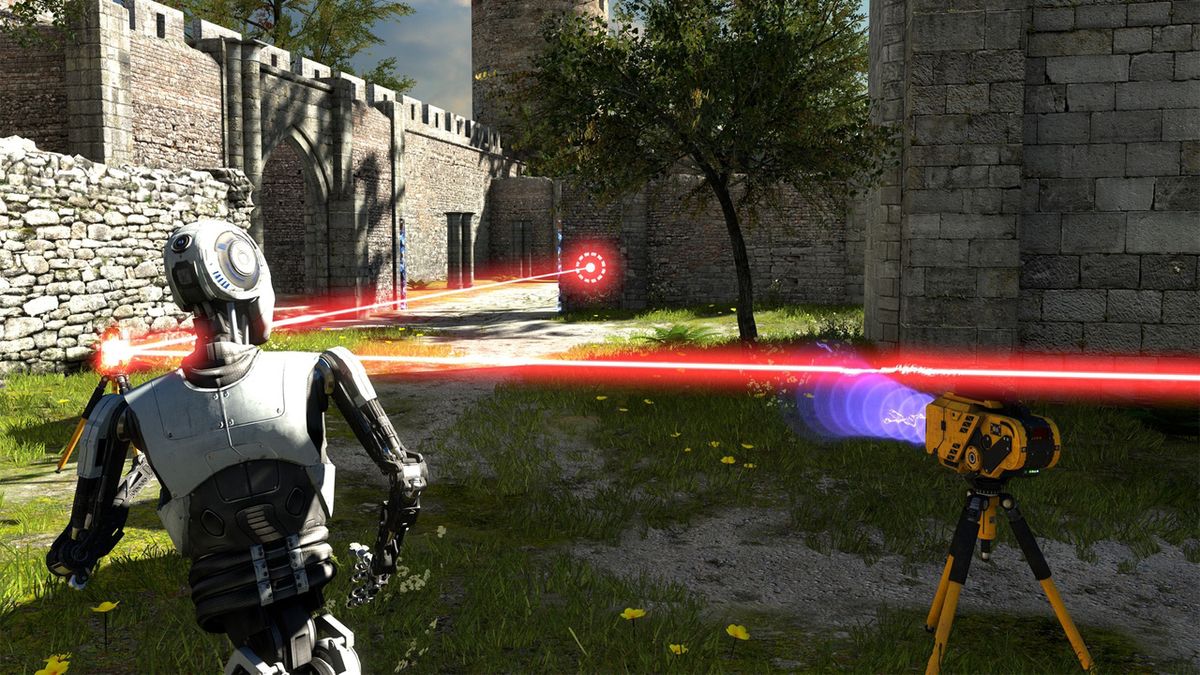
Humanity's final act, as predicted by The Talos Principle, might be viewed as one born of sheer ego. Faced with a species-ending virus, a group of researchers seek to preserve our knowledge and achievements, hoping they might one day hold meaning for someone new. And by 'someone new' they mean their own creations: androids that might machine learn their way to sapient thought and reboot civilisation. Implicit to this posthuman world, it seems, is the expectation of an invitation. Yet as your journey also takes you through a host of philosophical musings, you might consider an equally keen instinct at work, alongside self-preservation. Perhaps what humans really can't abide is the notion of a story without a proper ending.
The Talos Principle wrestles with many of (western) civilisation's major philosophical quandaries, including the biggest of the lot: what's the point of it all? It's a concept we can't shake, no matter how insignificant we seem in the universal scheme of things. With consciousness comes desire for purpose, and with that a compulsion to narrativise, viewing the world not only as a set of facts but as a collection of stories. The Talos Principle underlines this point by mimicking one of the great creation myths: the Book Of Genesis.
Aye, robot
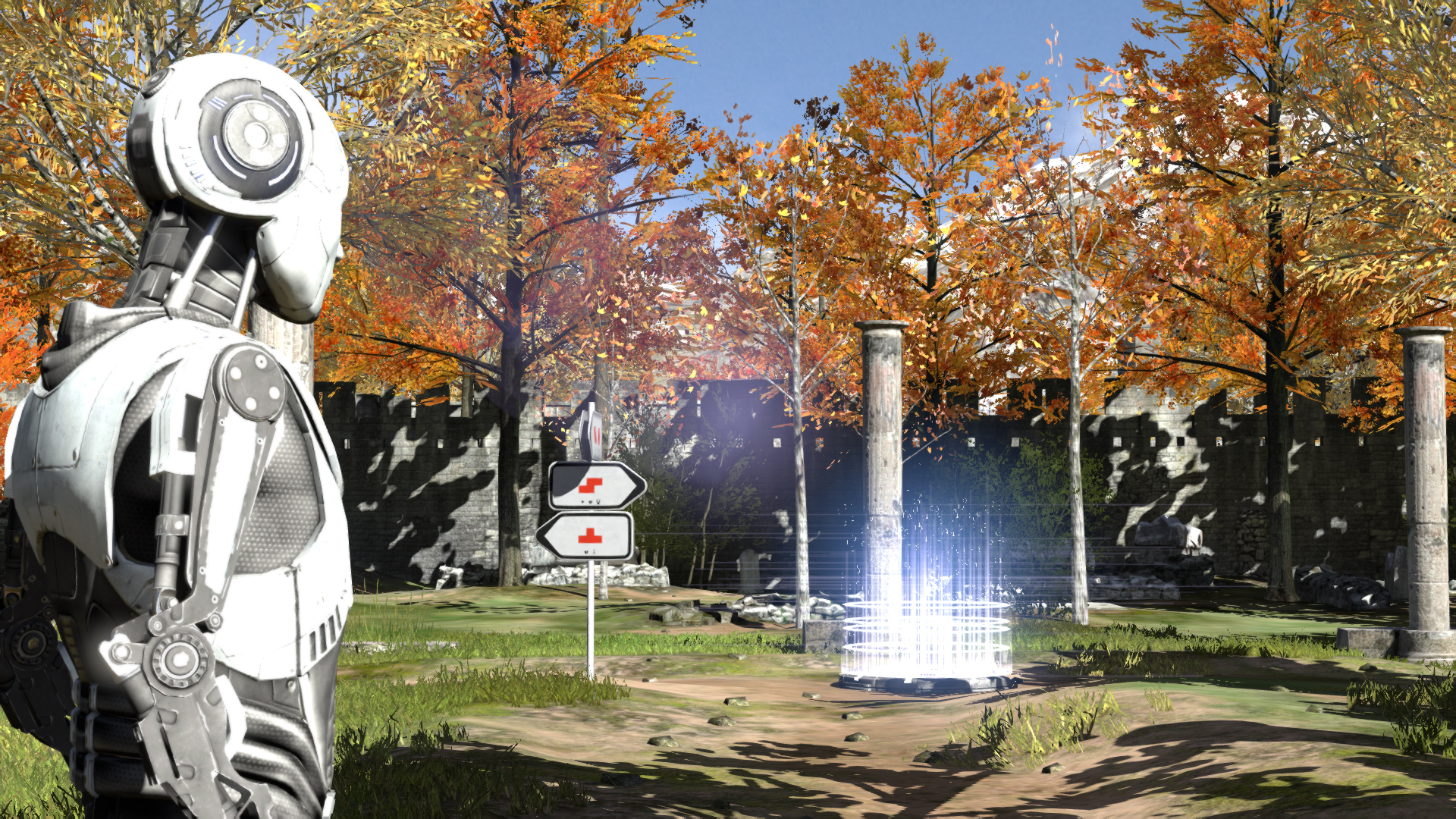
Your android avatar comes online in a new Eden, with only a booming voice from on high for company. This is Elohim (a Hebrew word for God), who promises immortality in exchange for faith, on condition that you never climb the realm's forbidden tower. Sure enough, within Elohim's Ancient Rome- and Egypt-themed paradise, death in one of its puzzle spaces – which can come at the business end of an automated gun turret or exploding proximity drone – sees you quickly respawn.
Skipping to the end of the tale, though, the tower proves to be part of a test. In what is evidently a simulated world, proof that your artificial intelligence can pass muster means not only solving physical puzzles but demonstrating free thought, disobeying Elohim's guidance towards an early ending through a set of pearly gates. "Intelligence is the ability to question existing thought constructs", according to Alexandra Drennan, the test's chief engineer, now deceased. It was always her hope that the androids in the simulation could defy Elohim and escape into reality. Only by climbing the tower is that potential realised.
Yet doing so surely raises another question, of the ambiguous and paradoxical kind in which The Talos Principle so loves to bathe. Have you really demonstrated free will by accepting an alternate path that was dangled in front of you? It's an especially questionable achievement since a second NPC – the Milton Library Assistant you chat to via various archive terminals – acts as this fable's serpent, prodding you away from accepting easy answers, sent in the knowledge that there's every chance you'll succumb to temptation.

This feature originally appeared in Edge Magazine. For more fantastic in-depth interviews, features, reviews, and more delivered straight to your door or device, subscribe to Edge.
And naturally, as the human player behind the android, from the moment you hear of the tower you want to see what's inside. You go there because it promises a more interesting story and a genuine ending (sure enough, it remains canon for the sequel). What use is a protagonist who does nothing of note? Here and elsewhere, Croteam exploits our thirst for narrative. Another plot device, the archive's malfunctioning, is equally intriguing, as the repository of human knowledge left by Drennan et al spits out fragments of history, philosophy and literature, often partially corrupted. Of course, the game's writers selected these fragments carefully, triggering our impulse to find connections, to make the whole mean more than the sum of its parts.
The puzzles mirror this need. Complete one of the self-contained problems and your reward comes in the shape of a tetromino block. Once you've gathered enough of these, you assemble them into rectangles to unlock progress gates. Thus the puzzles make sense as part of a greater effort, when there's no other obvious reason to solve them. Indeed, next to similar games, the brain-bending meat of The Talos Principle feels more like an exam than entertainment. In testing our grasp of spatial perception, force, gravity and other mathematical concepts that advanced AI could surely master with ease, it even makes us wonder whether it's encouraging critical thinking or dampening it. Not to mention the gradual, iterative way that puzzle objects such as fans, laser reflectors and jamming devices come into play. Levels often begin with robotic setup routines as you gather gadgets for the problem at hand; many new problems differ from those before only in complexity or fussiness. For several hours it's drummed into you that, for example, a portable cube equates to a platform, a weight or an obstruction. Does this not mould our perception, until we can't imagine a cube as anything else?
Sign up to the 12DOVE Newsletter
Weekly digests, tales from the communities you love, and more
Again, though, The Talos Principle lives on ambiguity. The brilliance in its puzzle design becomes clear as you discover just how extensive the potential of placing yourself, or something else, atop a cube can be. Sometimes a cube helps you see the sublimely simple – enabling you to hop over a low fence to bypass an apparently complex blockade of barriers and walls. More often it asks you to push the boundaries of the game's logic. What if you position the cube on a fan, place a laser reflector on top of it, then switch on the fan? The reflector rises, sending its laser towards a target that was previously out of its eyeline. Later, when that doesn't suffice, you learn to slip more cubes beneath such a levitating arrangement, pushing it higher still. Imagination is a requirement here after all, in order to envisage knock-on effects, how disparate pieces might connect towards a specific meaningful ending.
In short, it comes back to giving everything a purpose, while between puzzle sequences Milton volleys philosophical posers your way to muddy the waters of what that might mean. What is personhood? What is consciousness? Does free will exist? If this world is a simulation, how do we know reality isn't a simulation? Are people not, like AI, merely a kind of machine using collected data to reach conclusions? The more you try to answer, the more Milton pokes at the logical flaws, until it's clear that the only sure answer is that there are no final answers.
Eureka
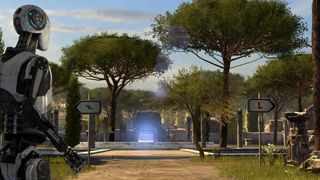
"What The Talos Principle does eventually allow us to do is suggest to Milton that these vague hypotheticals are ultimately a childish pursuit."
True, these conversations are somewhat limited by the game's branching dialogue format. When we claim that egalitarianism should be society's grounding principle, for instance, Milton wants to know what we would do about lazy people who refuse to do their part. The responses on offer are varied, but none allow us to think dialectically, interrogating the premise of the question itself. What is laziness? Is it necessarily negative? Might an egalitarian society cultivate a stronger sense of social engagement and responsibility? Milton's gotcha arguments run on their own assumptions, in this case about the way we understand and moralise work. But (perhaps inevitably for a game of this scope) there's no room for such lines of inquiry here.
But then, in a wider sense, that's also the point. What The Talos Principle does eventually allow us to do is suggest to Milton that these vague hypotheticals are ultimately a childish pursuit. If every question is full of assumptions and every answer is unsatisfactory, we might arrive at nihilism, as Milton eventually seems to, until climbing the tower or not becomes a meaningless choice. And yet, knowing all that, we have to do something, and the tower calls. Humans can't escape a sense of purpose, and can't stop forming stories to explain it – duty, curiosity, progress, personal fulfilment, self-sacrifice – based on beliefs and values that structure everything we do.
So perhaps the big question as far as Drennan's test goes isn't whether an android can choose the tower, but whether it can tell stories. AI has objectives, certainly. It analyses, categorises, compares and contrasts. But can it narrativise? Playing The Talos Principle in 2024, amid the ongoing explosion of AI art and chatbots, the idea already seems less like science fiction than it did a decade ago. In some cases, 'creative writing' by machines has passed for its human equivalent, as computers recognise patterns, styles and structures in published works to form their own prose. And when you think about it, isn't that how we learn to write too? Then again, if you study AI-generated work for long enough, doesn't there always seem to be a void of meaning within its well-educated and ordered statements? In The Talos Principle, Drennan ponders AI's perspective of the world – but right now, can anything ever be more to it than a source of data?
Once you climb the tower, the simulation ends (although yet a third ending awaits true completionists). The artificial world disintegrates, symbolising the end of human control – leaving you, the independent AI, alone in reality. What happens next is now chronicled in the sequel (see 'Second coming'), yet there remains a kind of missing link between the two games. Unlike the original evictees from Eden, our AI has no urge to procreate, no need to build shelter. So why would it want to create a new civilisation? Where does it get the narrative inclination? Or, with a different spin, what would happen if an AI could play and finish The Talos Principle? What conclusions would it reach? What would it do after? Indeed, why would it choose to play at all? Having posed a lot of questions, we can offer an answer to this last one, at least from our human perspective: the experience of contemplating these puzzlers is reason enough.
This feature originally appeared in Edge magazine. For more fantastic features, you can subscribe to Edge right here or pick up a single issue today.
Jon Bailes is a freelance games critic, author and social theorist. After completing a PhD in European Studies, he first wrote about games in his book Ideology and the Virtual City, and has since gone on to write features, reviews, and analysis for Edge, Washington Post, Wired, The Guardian, and many other publications. His gaming tastes were forged by old arcade games such as R-Type and classic JRPGs like Phantasy Star. These days he’s especially interested in games that tell stories in interesting ways, from Dark Souls to Celeste, or anything that offers something a little different.

